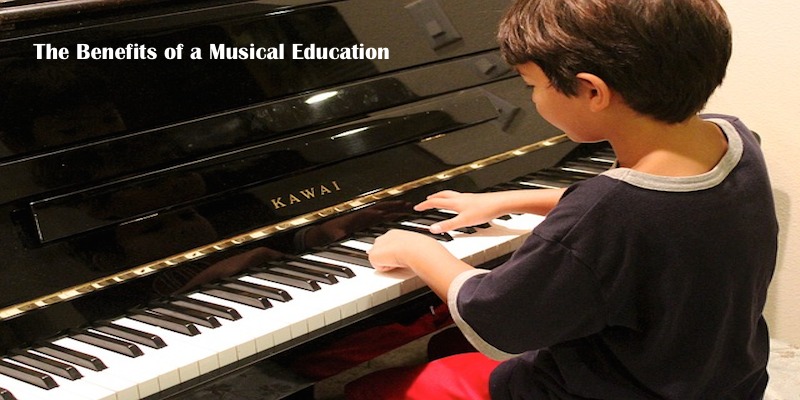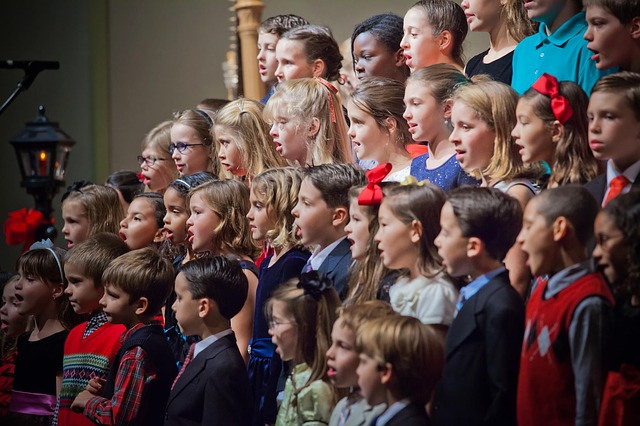When you were younger did you ever want to be a musician?
I know I did because music was (and still is) such a large part of my life. When I was younger I learned the piano but over the years the skill began to fade. Despite losing the skill, I truly believe learning music at an early age expands the mind and shapes your future.
Your child may be at that impressionable point where music is in their horizon. By introducing it to them when they’re young, even if they don’t pursue it professionally, has many benefits for later in life.
Here are some of those benefits of a musical education (and some ideas on how to get your child interested in learning an instrument).
It is easy to connect with music, which is why so many of us have favorite bands. The music is great but the underlying message speaks to us – it makes us think – it makes us happy. It also has many psychological effects that create benefits:
- Memory – By learning an instrument your child will develop a greater memory because there is such a great deal of memorization (and practice) involved. Later in life memory can aid them in many different areas whether it’s excelling in school or being able to do their job proficiently.
- Patience – You don’t pick up an instrument and master it the first day; your child will begin to grow their patience for learning when they love the activity. Later in life they benefit from this patience especially in relationships, the work environment, and forming big decisions.
- Creativity – Music is an art so it will always challenge their creativity. Once they learn beyond the basics they can truly start exploring how to express themselves through the music. Later in life it carries over into all their work and creates a mindset that doesn’t take a task at face value which is very important for problem solving.
- Social – Although your child may want to learn alone at first, within time they will, no doubt, seek others who also play an instrument. Working together is absolutely essential for later life because so much of work is in a group environment; it will also help them find authentic friends.
The Approach
So then how do you go instilling these benefits into the life of your child through music?
- Pay attention to their preference in music and try to appreciate their selection (even if it’s not exactly “your thing”). Later on, approach them and ask if that’s something they would like to do (as a hobby or if it’s something they’d like as a career).
- Take the initiative and seek out a professional in your area that offers private guitar lessons (which is always a popular choice for kids). Use the Web to gauge the quality of one of these private tutors and then get in touch.
- Encourage your child to practice and every day. Sit down with them and be patient as they show off their new skills. In fact, consider joining in on the tutoring so both of you can learn together and bond.
- Make the investment in the proper equipment which may be costly at first, and they may not keep with it, but at least you’ve allowed them to explore their interest.
- Find additional online resources that aid in their learning, take them to concerts of their favorite bands, and support them if/when they want to create a band (or go solo).
Remember that music is like any other interest your child may want to explore. Their minds are bouncing around because they are still trying to find their place. If you can instill that love and passion for music they are gaining much more than a skill in an instrument… they are gaining many fantastic benefits for later in life.
Reader Response:
Did you learn how to play an instrument growing up? If so, how do you think it still impacts you today?
Reference:
Images provided by pixabay.com


